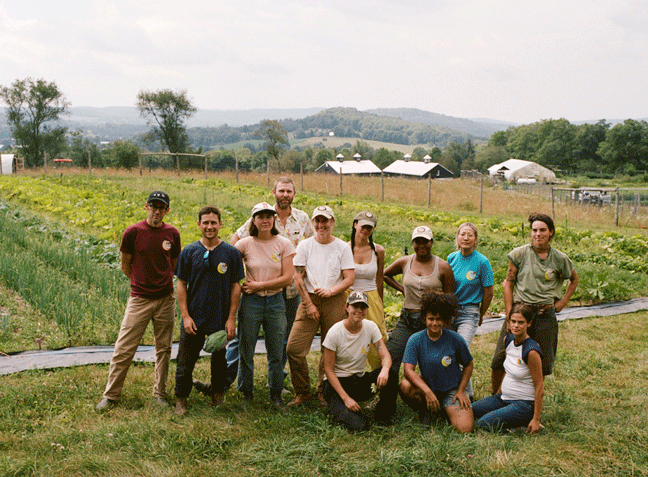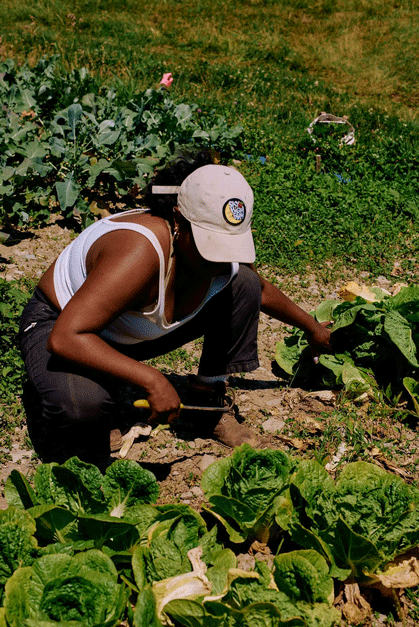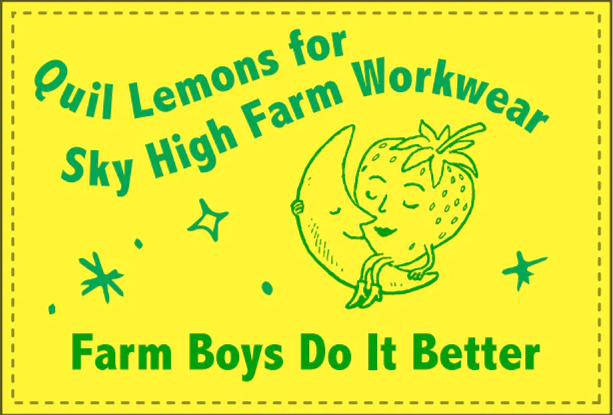Sustainability has become a keyword in the world of fashion in the last 20 years. Concerns over the environmental impact of the fast fashion industry in particular have fueled this discussion. According to the United Nations Environment Programme, studies show that while people are buying more clothes than ever, they are also less likely to keep their clothes for long periods. Garment production is both water and plastic-intensive, while also generating large amounts of waste. As a result, it is estimated by UNEP that “by 2050 the fashion industry will use up to a quarter of the world’s carbon budget.”
But what about the impact of luxury fashion? This side of the industry has perhaps avoided scrutiny in the past thanks to carefully crafted brand images and high price points, which can obfuscate the real impact the production and materials used can have on our planet.
Indeed, high-end brands are also part of the problem as they typically outsource production to “similar factories with similar conditions–and even similar materials” as those used by fast fashion brands. High-end fashion also has a responsibility to commit to more sustainable practices, given haute couture’s ability to “originate trends and generate demand for new styles” that ultimately end up influencing fast fashion brands according to Bloomberg.
How can consumers and brands work towards a more sustainable future for fashion? In an interview with the United Nations Environment Program, Kenyan poet Beatrice Kariuki emphasizes the need for “circular industries where old looks are made new,” as well as “less packaging, more reuse [and] threads that last.” Such demands represent what has come to be known as “slow fashion,” a term that describes the act of “producing clothes with trendless designs and premium, long-lasting quality.”
Consumers have increasingly shown interest in brands that engage in practices aligning with this concept, which has in turn led many high-end brands to commit to sustainable production methods and materials. For example, The New York Times reported that in 2017 Kering, a group that owns Gucci, Saint Laurent, and other luxury brands, committed to reaching sustainability targets that “are in line with United Nations goals for sustainable development.”

Some brands, however, were built with sustainability in mind. Sky High Workwear is a brand that specializes in utilitarian, gender-inclusive clothing with a whimsical twist. Initially, founder and artist Dan Colen started the Sky High project by creating Sky High Farm in 2011. Based in Ancramdale, New York, the farm operates as a non-profit aiming to combat food insecurity and promote food sovereignty in nearby communities. Lexie Smith, a trainee working at the farm, explains that food sovereignty is achieved by providing “people with the resources they need to develop their agricultural system.”
Sustainability has always been a crucial part of Colen’s mission. Sky High Farm emphasizes that it is “committed to sustainable farming practices” thanks to its “regenerative farming and food access initiatives.” Not only do they donate the food they grow, but they are also invested in offering agricultural training programs and providing grants to individuals working in the field. The idea behind these methods is to address the causes of food insecurity by putting the power back into the hands of the most vulnerable communities, which effectively contributes to the United Nations Sustainable Development Goals to achieve Zero Hunger and provide opportunities for Decent Work and Economic Growth.
Sky High Farm’s goal is to achieve results that will have an impact in the long run. That is why Colen created Sky High Workwear with the help of Daphne Seybold, a top executive of luxury brands Dover Street Market and Comme des Garçons, in early 2022. The launch of the clothing brand has since had a significant impact on the farm’s ability to make a difference. Specifically, the brand’s business model is built in a way that ensures that the farm will always receive funding regardless of how many items they sell and that when they become profitable “half of the profits will go to the farm, with the remainder being distributed to employees, the community and investors”

Sustainability is incorporated into the very essence of the clothes, as the designs are made out of deadstock, vintage or recycled materials. This type of structure is mostly unheard of in the world of fashion. Sky High’s intention is not only to offer functional and sustainable garments but also to promote a message through its designs. As Vogue contributor Kristen Bateman puts it, brands like Sky High are creating “a new era of sustainable fashion that’s not only expressive but also uniquely individualistic.”
One of the brand’s latest collections was in collaboration with artist and photographer Quil Lemons, who was inspired by his photographs and life experiences as a black and queer artist. “Fashion sometimes struggles to figure out how to do something more […] I think that this project made me even more aware of the stakes that we are at,” said Lemons in an interview with Dazed speaking on this collaboration.

The brand’s message is clearly about advocating for a better future in fashion. But it is also about linking food, clothes, and the environment – typically obscured and removed from everyday life – visible. That’s why almost every part of the brand, from the logo to the materials of the fabrics, and even the staging of the collection, is designed to remind us of how it all started.
Sky High goes beyond just the idea of “slow fashion.” By combining fashion with the core values of their non-profit, they are building a model of regenerative fashion that is invested in the community that supports it. In the long run, Sky High hopes that its business model becomes the blueprint for a total transformation in the fashion industry. Thanks to its founders’ connections in the worlds of fine art, fashion and design, Sky High could make a real difference.
